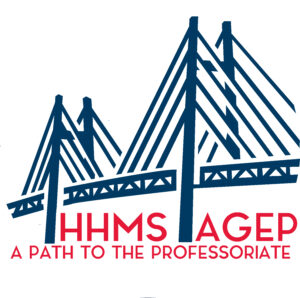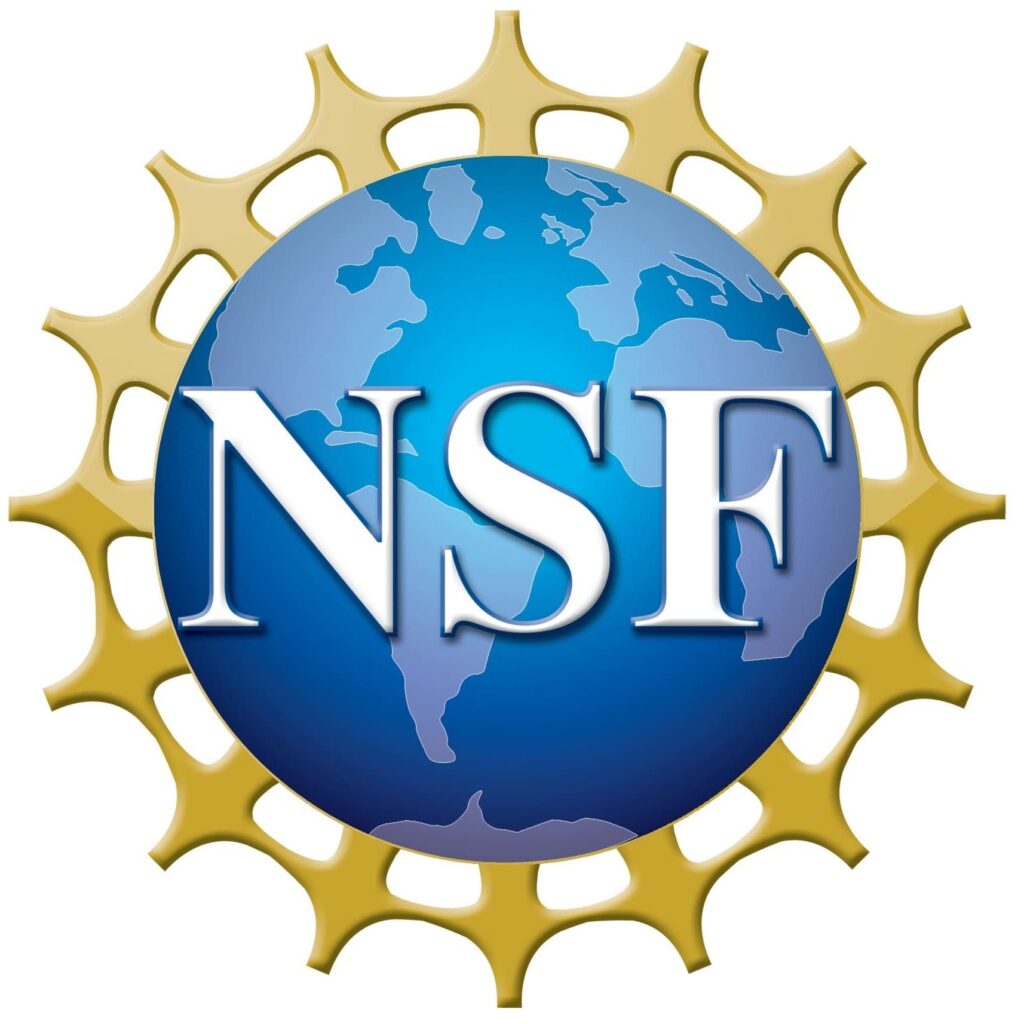Howard, Hampton, and Morgan State Universities (HHMS), three of the Nation’s top producers of African American PhDs, have joined forces with the Community College Network, comprised of Prince George’s Community College, Community College of Baltimore County, Thomas Nelson Community College, and the Community College of Rhode Island, and jointly submitted this proposal to the National Science Foundation Alliance for Graduate Education and the Professoriate (AGEP). The HHMS-AGEP Alliance proposed to develop, implement, and evaluate a sequential and cognitive apprenticeship model of faculty preparation. This model aims to increase teaching self-efficacy, which is positively correlated with faculty identity — both of which are strong predictors of a commitment to pursuing an academic career. Through a progressive sequence of increasingly engaging and challenging activities, future faculty will acquire the knowledge, skills, and competencies required for a career in the professoriate. Beginning with online webinars designed to inform and stimulate interest in an academic career, students will progress to engagement activities which include credit-based courses in evidence-based pedagogies and culturally responsive assessments culminating in a teaching apprenticeship at a community college. This sequential model integrates theoretical knowledge gained in the classroom with the practical experience obtained during the teaching apprenticeship, allowing for an authentic context-based learning experience—basic prerequisites for teaching excellence.
The United States needs scientifically trained citizenry to satisfy the growing science and technology needs of a globalized economy. This growing need coincides with significant changes in American demographics, where minority populations that historically have been underrepresented in science, technology, engineering, and mathematics (STEM) disciplines, are becoming an ever-larger proportion of the population. Ensuring that this population gains access to necessary training in STEM is a national imperative and increasing the number of STEM professors from these backgrounds is an important step—as a matter of both equity and policy. To this end, the HHMS-AGEP Alliance will implement programmatic activities that serve to increase the number of underrepresented minority (URM) students entering the STEM professoriate and conduct empirical research to delineate more precisely the issues affecting the transition of URM graduate students into the scholastic profession. The Social Science Research Component of this proposal examines social factors impacting outcomes in real-time, providing theoretical and empirical insight into key drivers that support, influence, and strengthen the desire and readiness of URM STEM doctoral students attending HBCUs who enter the professoriate.
The sequential model of faculty preparation within the well-established STEM PhD programs at three HBCUs and four Community Colleges will prepare a cadre of URM doctorate professionals ready for the professoriate in higher education institutions. The outcome of the social science research utilizing the Social Cognitive Career Theory, focused on these doctoral students’ experience, interest, teaching self-efficacy and retention in faculty careers, will not only fill a void in research, but also generate useful data for higher education institutions including HBCUs and general Minority-Serving Institutions for such training programs. The study will further identify both the significant and non-significant factors and predictors affecting the decisions of URM doctoral students to enter the professoriate. The well-trained faculty that URM students can emulate and identify with, will serve to positively affect enrollment, retention, and success in postsecondary institutions, thus produce a long-lasting impact on broadening participation. The planned dissemination of research findings at conferences, symposia, website and other electronic sources will reach a broad national audience.

